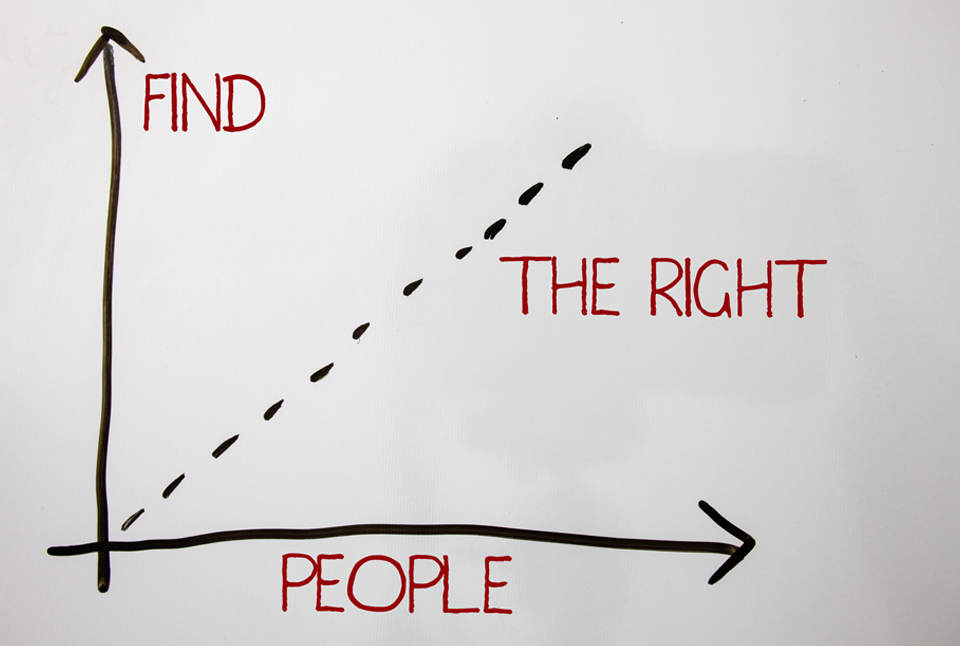Self-Esteem In Business

Is Self-Esteem Affecting You And Your Team?
By Executive Coach, Karen Nutter
I recently read an article that said “Self-esteem is knowing you’re good and wearing it well.” It made me chuckle, but it’s true. When a person’s self-esteem is healthy, they possess a confidence and self-respect that others recognize. From a business perspective, self-esteem can affect how someone interacts with coworkers and clients, as well as how they do their job. For this reason, businesses need to look closely at how self-esteem is affecting their bottom line.
What Self-esteem Is
Merriam-Webster defines self-esteem as “a confidence and satisfaction in oneself: self-respect”
When we feel good about ourselves, it feels like anything is possible. We have a positive outlook on life, we have more energy, and we are more open and empathetic to the people around us. Think of how this can affect a work environment… If everyone on the team is feeling good, the whole business flourishes. Employees who feel good about themselves don’t take as much time off, are more focused and productive, and generally get along better with their coworkers. But, employees with low self-esteem are more likely to make mistakes, work slower, and have a harder time relating to others. Over time, businesses that have employees with self-esteem issues (especially if they are in leadership positions) are likely to find their productivity is waning and so is their bottom line.
Building Self-Esteem in Business
Building self-esteem isn’t about inflating ones ego, thinking you’re great, or increasing your power, it’s about respecting and liking who you are. Now, for some people, maybe even most people in today’s culture, that may seem like a BIG challenge. During these divisive times, a growing number of people are feeling “less-than” as our society becomes less civil and more malevolent. But, everyone has something special to offer, and recognizing the unique qualities of every member of a team can change a wide range of dynamics.
A simple place to start is to look at a few of the things that make people feel good about themselves:
- Accomplishing something – whether that’s achieving a small goal or stepping outside ones comfort zone, the more we do something positive, the less we focus on our “failures”, and the better we feel about ourselves.
Business leaders can help build employee self-esteem by providing them with opportunities for accomplishment. Have employees lead a project or training, work with them to set reasonable/achievable goals, and encourage them to learn and try new things.
- Taking inventory of personal strengths – Everyone has something to offer. It may be a particular skillset, a way of interacting with others, or a perspective that fosters new ideas.
Recognize and build upon these strengths within yourself and/or your team. I often recommend a team activity where the names of each member is put in a bowl, and then everyone randomly picks a name and makes a list of that persons strengths, talents, and things they admire about them. Hearing positive and respectful observations from other people can help build self-confidence in oneself.
- Embracing mistakes – EVERYONE makes mistakes. Everyone. Dwelling on them does not make them go away, and is not at all productive. When we look at each mistake as a learning opportunity, we grow. When we take responsibility, apologize, and try to fix the mistake, everyone grows.
Employees who don’t feel belittled when they make a mistake are more likely to maintain a positive attitude, learn from them, and accomplish more. Constructive feedback can help people develop a more positive self-image, even when they do something wrong.
A person’s self-esteem directly affects every part of their personal and professional life, and therefore it’s important to develop it in ourselves and our business teams. When we develop the confidence of even one person, the positive effects can ripple across a whole team, a company, and its customers. How strong is the self-esteem of you and the members of your team?

